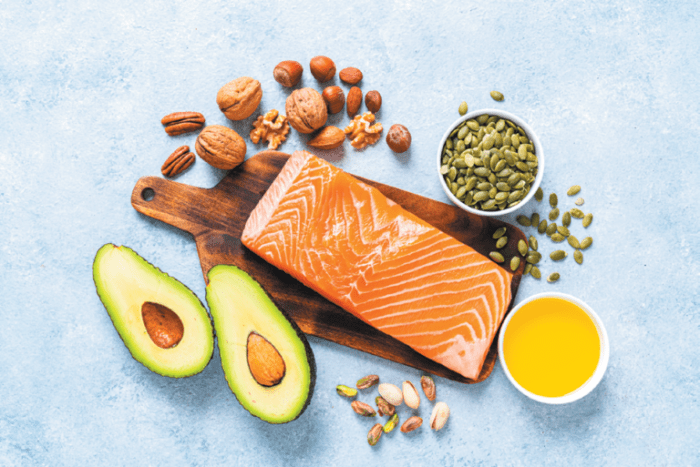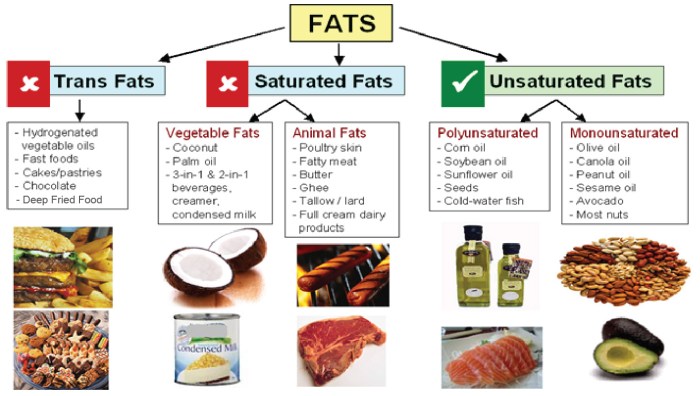Dietary fats and blood cholesterol levels worksheet answers – Unveiling the intricate relationship between dietary fats and blood cholesterol levels, this comprehensive guide delves into the heart of a topic that has captivated the attention of health-conscious individuals worldwide. As we embark on this journey, we will explore the impact of dietary fats on cholesterol levels, unravel the complexities of cholesterol itself, and empower you with practical dietary recommendations and lifestyle strategies to effectively manage your cholesterol levels.
Dietary Fats and Their Impact on Blood Cholesterol Levels

Dietary fats play a significant role in maintaining healthy blood cholesterol levels. Understanding the different types of dietary fats and their effects on cholesterol is crucial for overall health and well-being.
Saturated Fats, Dietary fats and blood cholesterol levels worksheet answers
Saturated fats are found in animal products and some plant-based oils, such as palm oil and coconut oil. They tend to raise both LDL (bad) cholesterol and HDL (good) cholesterol levels. Foods high in saturated fats include red meat, full-fat dairy products, and processed snacks.
Monounsaturated Fats
Monounsaturated fats are found in olive oil, avocados, nuts, and seeds. They have a neutral effect on LDL cholesterol and can help raise HDL cholesterol levels. Incorporating monounsaturated fats into the diet can support heart health.
Polyunsaturated Fats
Polyunsaturated fats are found in vegetable oils, such as soybean oil, corn oil, and sunflower oil. They can help lower LDL cholesterol levels and raise HDL cholesterol levels. Omega-3 fatty acids, a type of polyunsaturated fat, are particularly beneficial for heart health and can be found in fatty fish, such as salmon and tuna.
Top FAQs: Dietary Fats And Blood Cholesterol Levels Worksheet Answers
What are the key dietary recommendations for managing blood cholesterol levels?
Dietary guidelines for managing cholesterol levels include reducing saturated fat intake, increasing soluble fiber intake, incorporating plant sterols and stanols into the diet, and limiting processed foods, sugary drinks, and unhealthy fats.
How can physical activity influence cholesterol levels?
Regular physical activity can help lower LDL cholesterol and raise HDL cholesterol levels. Aim for at least 150 minutes of moderate-intensity exercise or 75 minutes of vigorous-intensity exercise per week.
What is the role of healthcare professionals in managing cholesterol levels?
Healthcare professionals play a crucial role in monitoring cholesterol levels, providing personalized advice, and prescribing medications when necessary. Regular check-ups and adherence to medical recommendations are essential for effective cholesterol management.


